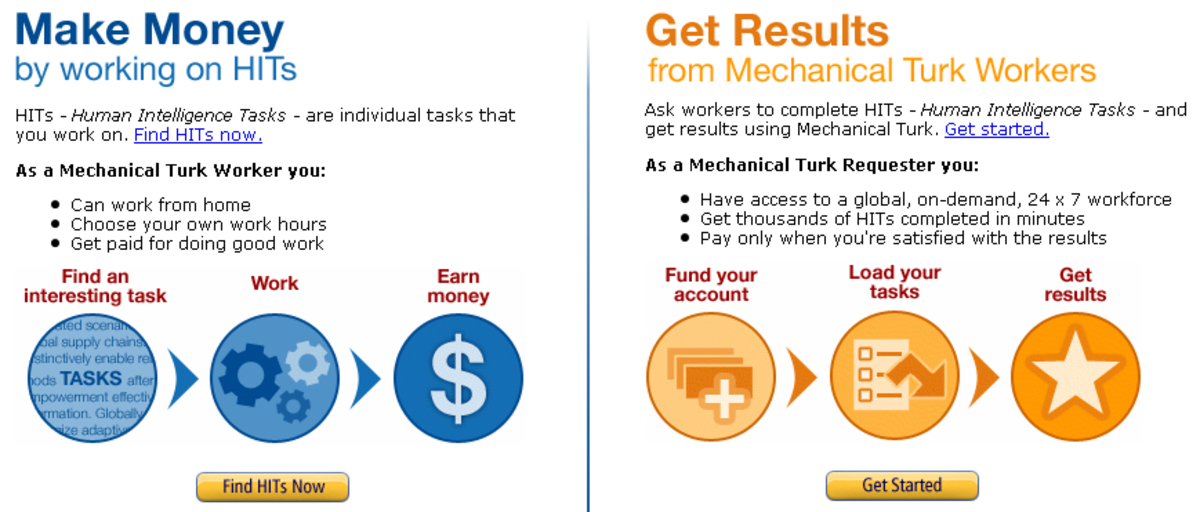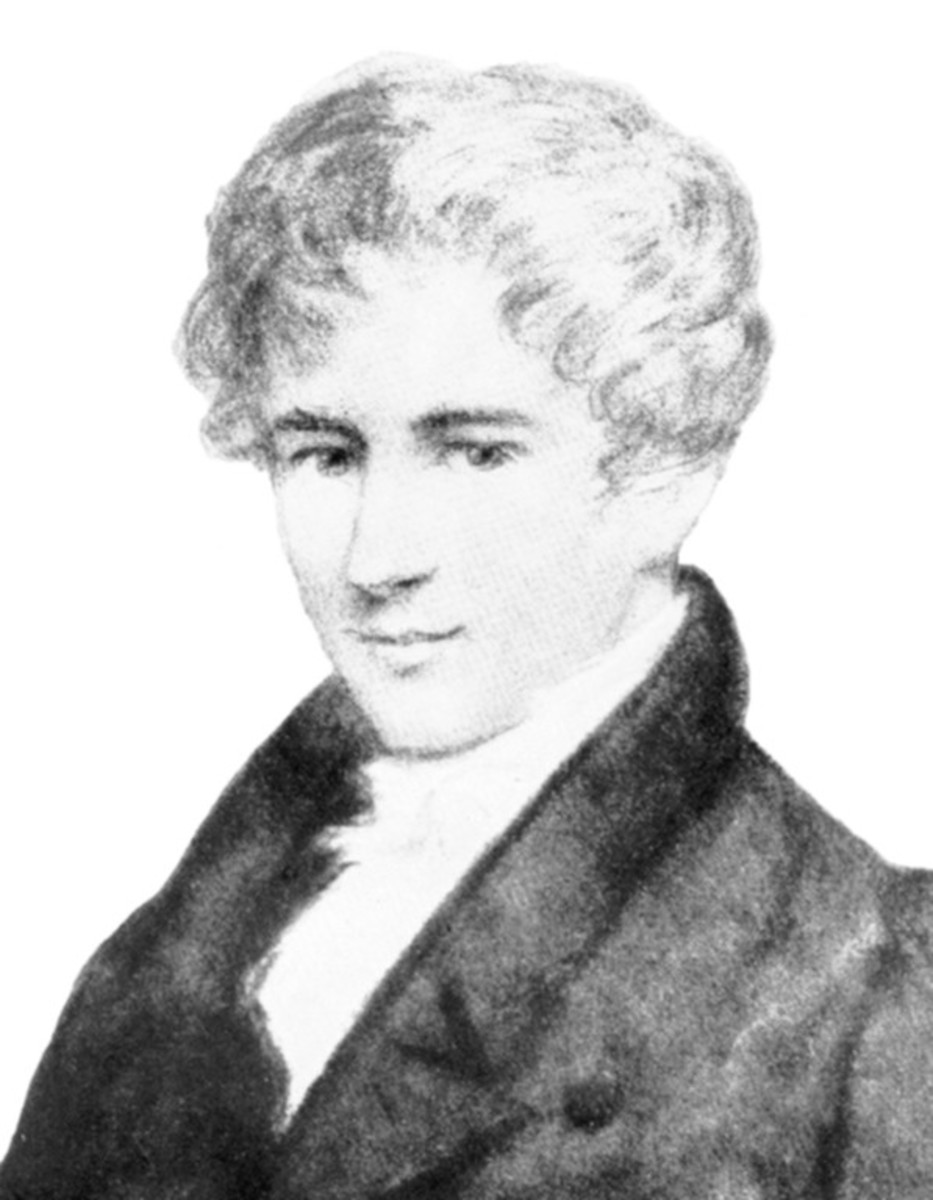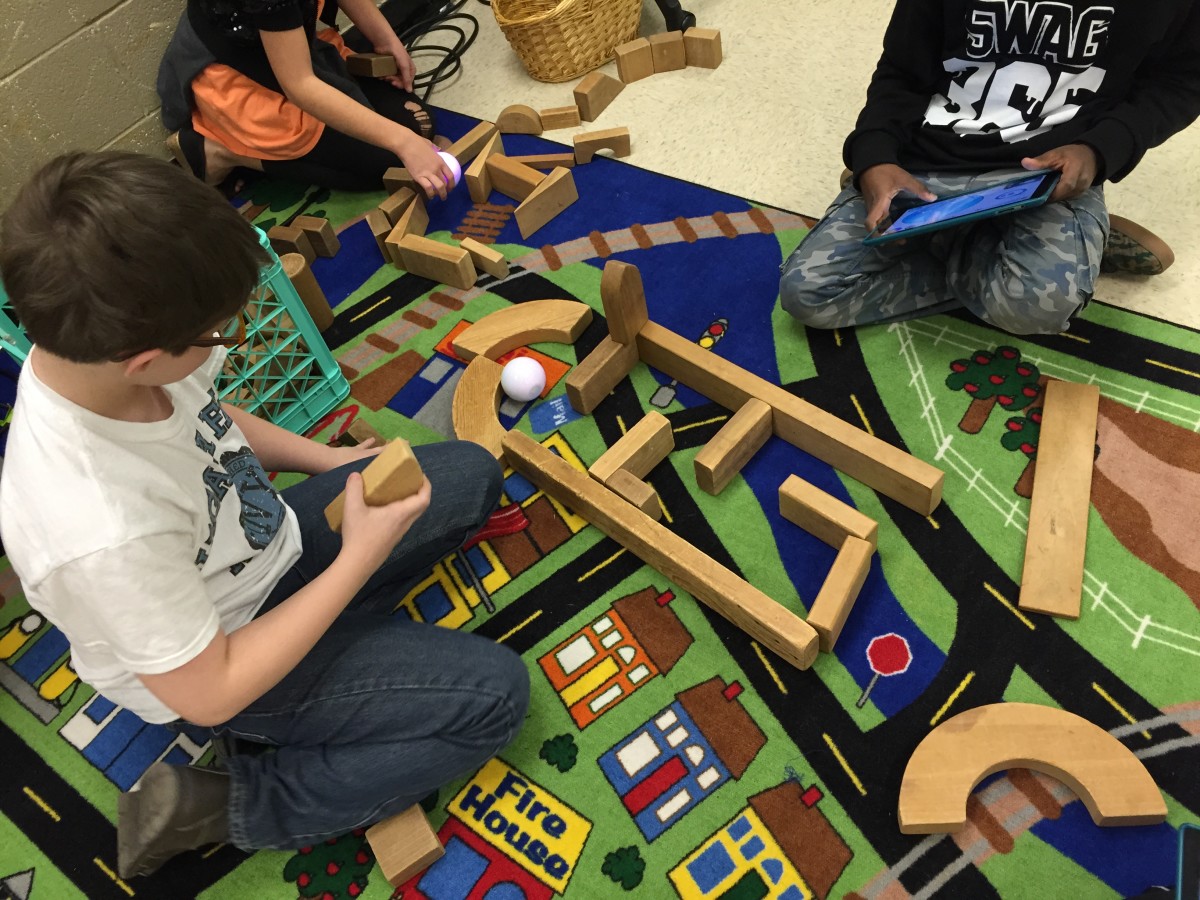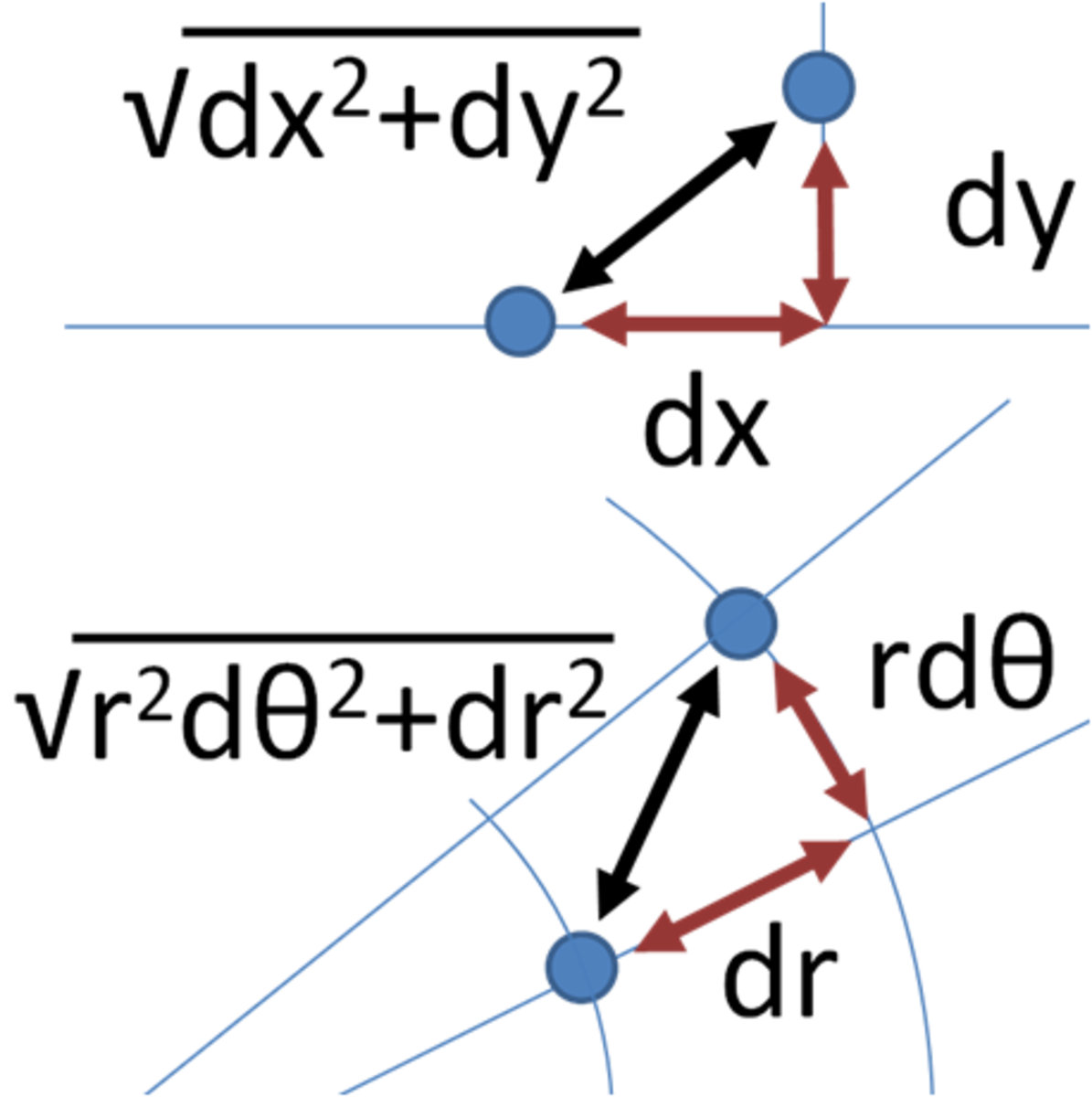TMTP - TRAINERS METHODOLOGY TRAINING PROGRAM OF TESDA - PART 1
What is the PTQF?
This
is a nationally promulgated framework (BR# 2003-05) of competency classification and recognition for
middle level skilled workers. The
Philippine TVET Qualification Framework (PTQF) is a quality-assured structure
used as platform for giving recognition to the attainment of knowledge, skills,
attitudes and values along the middle-level skilled occupations
Principles of Philippine TVET Qualifications Framework (PTQF)
This serves to rationalize all TVET or middle-level skills into a single, nationally recognized qualification

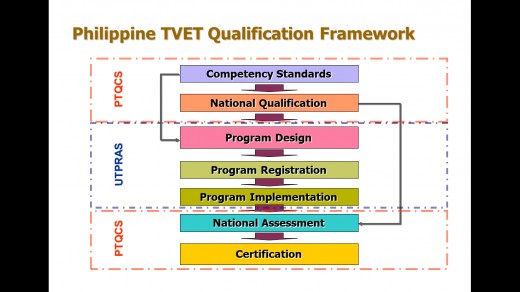
What is competency?
Competency is the possession and application of knowledge, skills and attitudes to perform work activities to the standard expected in the workplace.
What is a qualification?
Recognition of achievement of a group of units of competency that meet:
* industry requirements for useful work
* the PTQF descriptor for National Certificate I, II, III, or IV
DESCRIPTORS OF CERTIFICATION LEVEL, FOR NC I
Level
| Process
| Responsibility
| Application
|
|---|---|---|---|
NC I
| A worker at this level performs routine and predictable tasks involving little or no latitude for judgment
| Adhere to appropriate standards or specifications are usually involved
| Assignments are usually made by a supervisor or a worker at a higher level who gives simple instructions and makes clarifications or suggestions when necessary
|
DESCRIPTORS OF CERTIFICATION LEVEL, FOR NC II
Level
| Process
| Responsibility
| Application
|
|---|---|---|---|
NC II
| A worker at this level performs a prescribed range of functions involving known routines and procedures, where clearly identified choices and limited complexity applies
| Work involves some accountability for the quality of outputs
| Application at this level may involve individual responsibility or autonomy, or working with others as part of a team or group
|
DESCRIPTORS OF CERTIFICATION LEVEL, FOR NC III
Level
| Process
| Responsibility
| Application
|
|---|---|---|---|
NC III
| A worker at this level performs a wide range of skilled operations at a high level of competence involving known routines and procedures. The work context involves some complexity in the extent and choice of options available
| Work involves understanding the work process, contributing to problem solving, and making decisions to determine the process, equipment and materials to be used
| Application at this level may involve individual responsibility or autonomy, and/or may involve some responsibility for others. Participation in teams including team or group coordination may be involved
|
DESCRIPTORS OF CERTIFICATION LEVEL, FOR NC IV
Level
| Process
| Responsibility
| Application
|
|---|---|---|---|
NC IV
| A worker at this level performs a wide range of application in a variety of contexts most of which are complex and non- routine
| Work involves some leadership and guidance when organizing activities of self and others as well contributing to technical solutions of a non-routine or contingency nature. Work at this level also requires evaluation and analysis of current practices and the development of new criteria and procedures
| Applications involve responsibility for the organization and performance of others
|
What are the components of a qualification?
*The building blocks of a qualification are the units of competency in an industry
Qualifications comprise:
**Tool units of competency
**Common units of competency
**Core units of competency
**Elective units of competency
How is a qualification built?

What are tool units of competency?
Skills
and knowledge that everyone needs for work
Four
key areas of competency
- Communication
- Teamwork
- Problem solving
- Planning
What are common units of competency?
Skills and knowledge needed by all people working in a particular industry
Example of common units of competency
What are the skills and knowledge required by all people in the Construction industry? Perform work safely Contribute to quality system Use hand tools Interpret drawings Perform industry calculationsWhat are core units of competency?
The core units of competency are units that are specific to a stream of a given sector
What are elective units of competency?
Additional skills and knowledge required by the individual or enterprise for work.
For example: a supervisor may require additional skills in training workers
a plumber may require specialised skills in repairing valves that control the outlet temperature of water
a driver may require additional skills in basic vehicle repairs
How are units grouped into qualifications?
Units
of competency are aligned with PTQF levels. Alignment
takes into account:
- the breadth and depth of skill and knowledge
- the level of autonomy and responsibility in work
Industry
specialists advise TESDA on alignment of units of competency and the PTQF
Feel free to read these thought-provoking and compelling hubs:
How to Win in Office Conflicts
How to Pass the Civil Service Examination in the Philippines
How to Pass the Board Licensure Examination
How to Pass the Licensure Examination for Teachers
How to Maintain Professional Growth and Development
How to Improve the Power of Your Creativity
How to Achieve Competence in a Workplace Meeting and Discussion, part 1
How to Inculcate Serious and Responsible Attitudes Towards Works, part 1
How to Retain Talent and Motivate Employees
How Will Your Personality Affect Your Success in Business
How to Avoid Verbal Attacks, Intrigues and Slugs in Workplace or in Office
Implementing Management Change: Leading and following
What Make Employee Valuable to Employer
What the Employer Look for an Applicant
Why Filipino Workers are World Class Workforce
Why is it necessary to standardize rules and adopt performance programs
Ways and Tips to Win in an Argument
Handling Front Office Situations in Hotel Management
PERSONNEL MANAGEMENT – Questions and Answers
THE WORK VALUES OF FILIPINO WORKERS
The Importance of Leadership and How to be a Good Leader
The Mix and Match Rules in Clothing
The Secret of a Quality Workmanship
TMTP - TRAINERS METHODOLOGY TRAINING PROGRAM OF TESDA - PART 1
A Session Plan for Teaching Skills on How to Participate in a Workplace Communication
ENHANCE ABILITY TO ENJOY AND THRIVE IN WORK

